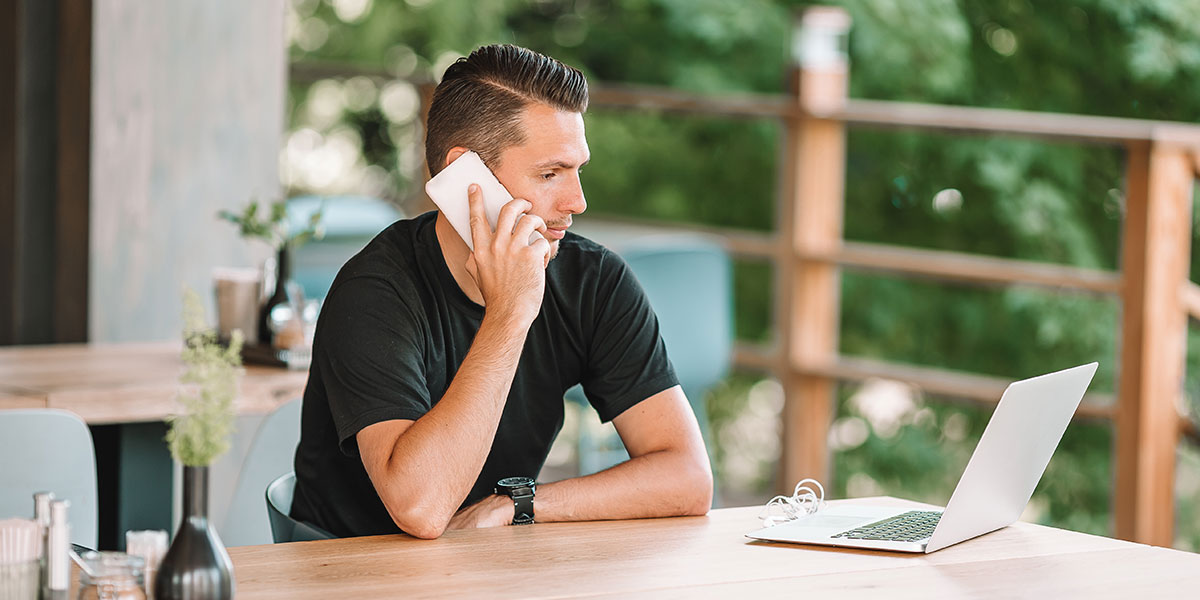
A Different Kind of Virus
Amidst this pandemic that has affected everyone globally, the biggest threat aside from the one that lingers in the air – is online. Every click, sign in – we are vulnerable to hackers and security threats with everyone working from home these days. With these hackers and spammers concluding that we are all at home sitting down in front of our computers, they feel that it is the need to try to spam our mobile phones and inboxes with all kinds of malicious emails and spam calls. But what can be done to prevent this? First be aware of what this threat may be.
Understanding the Threat
Anyone or anything can be a target. A computer, laptop, tablet, even the most safest, secure wireless internet cannot keep out all of the threats just as the back of the hand sanitizer bottle proclaims – Kills germs 99.9% of the time. That .01% can be the difference between a secure gadget and a non-secure gadget. These threats can come in all forms – any emails that make you think twice of who it might be from (delete it), an email with a misspelling from Apple claiming you owe them money (delete it). These threats are called phishing and malspam, do not open emails from anyone outside the organization unless you know them and are expecting one from them or download attachments that could contain ransomware that will harm your system.
Along with keeping your system up-to-date with the latest anti-virus security, change your passwords every 90 days. That way it will harder for those hackers to figure the password out. These passwords may include – your wifi password, social media accounts, email accounts, anything that would hold sensitive information. With that password, a two-factor authentication can come into play if you want that extra layer of security. This two-factor authentication could be a one-time text with a passcode to access your account and link to a two-factor authentication app that generates random codes.
These measures lowers your chances significantly of being a target of a cyber threat. Especially during a pandemic, the best advice is to always be cautious of your virtual environment offline and online. Stay safe and stay healthy.
